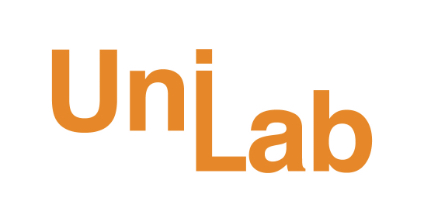A project that puts the students in the centre
Preparing students to meet the employers' needs
The landscape of enterprise–university collaboration nowadays consists of a large number of diverse areas of cooperation such as applied research, joint education and professional development programmes or degrees, science parks, apprenticeships for the students etc.
Universities are the main providers of highly qualified staff to satisfy all areas of economy, whereas enterprises are the major beneficiaries of the knowledge and expertise attained by university students and graduates, being the main customer and beneficiary of trained personnel, as well as accumulator of intellectual capital of knowledge economy in general.





